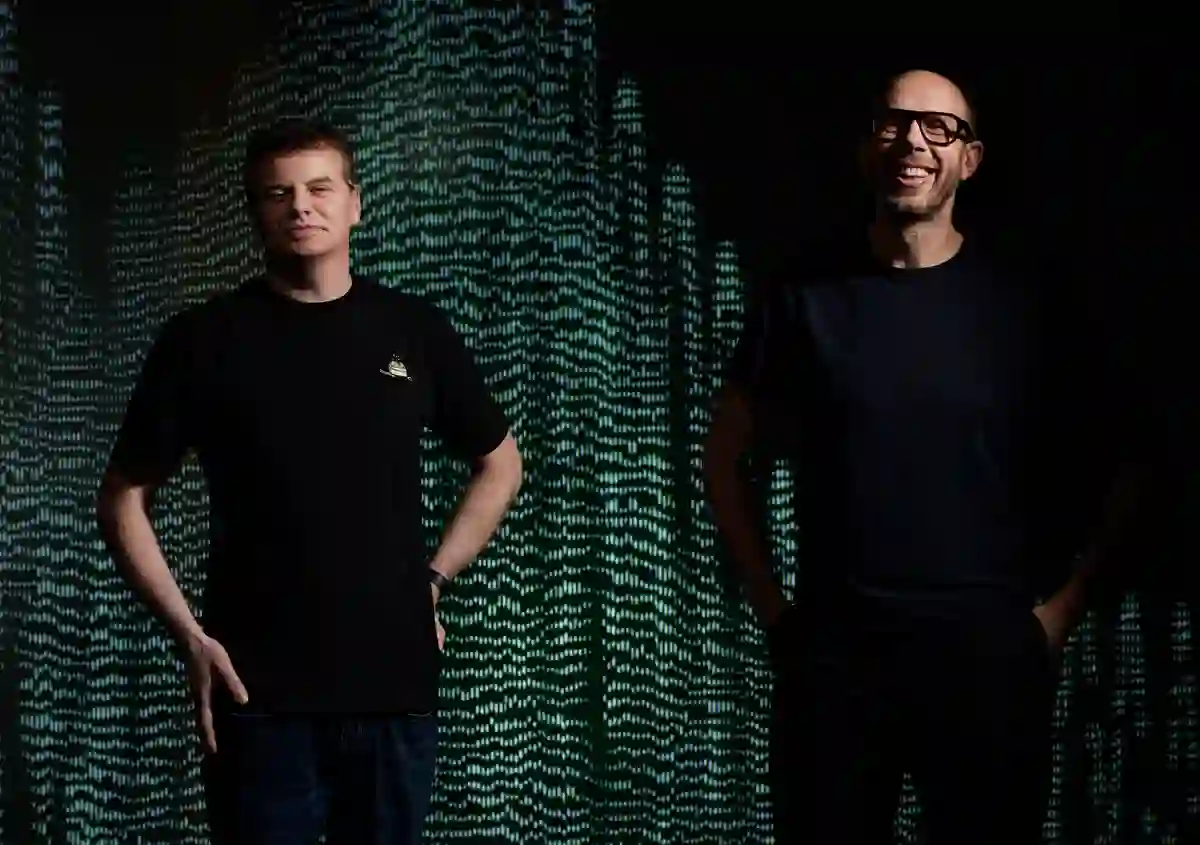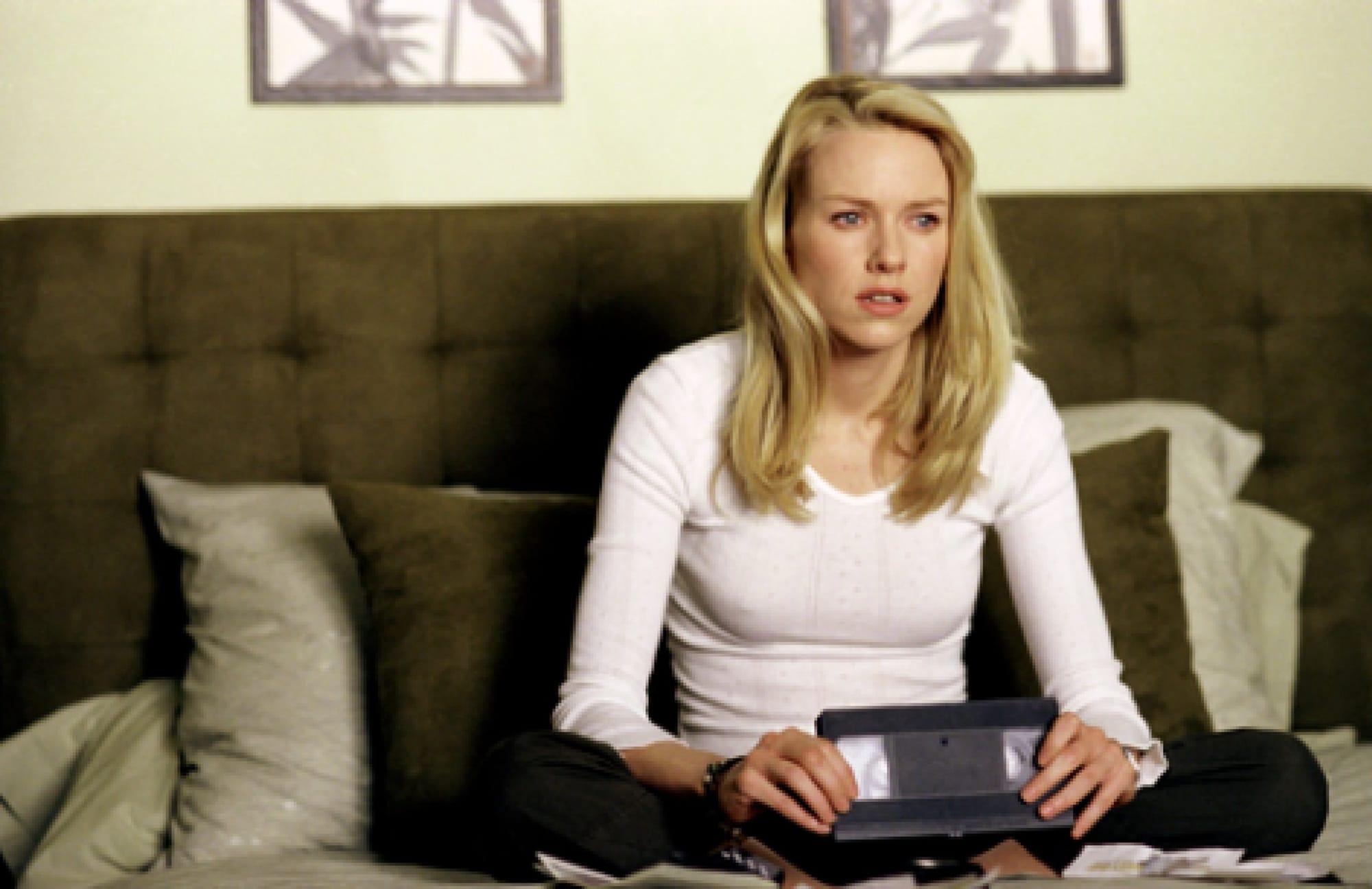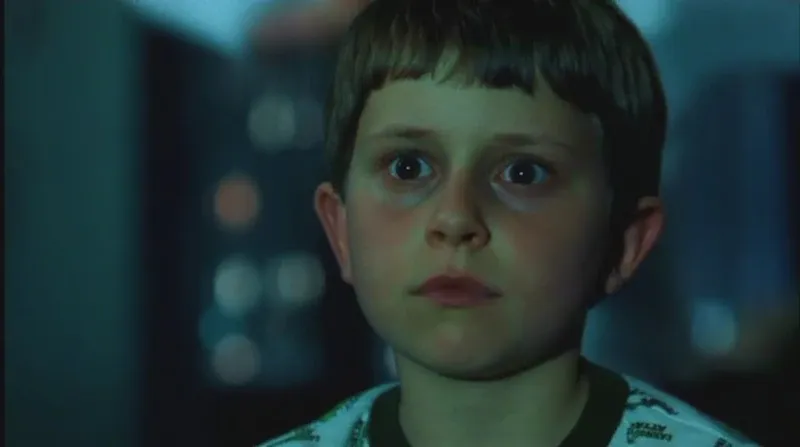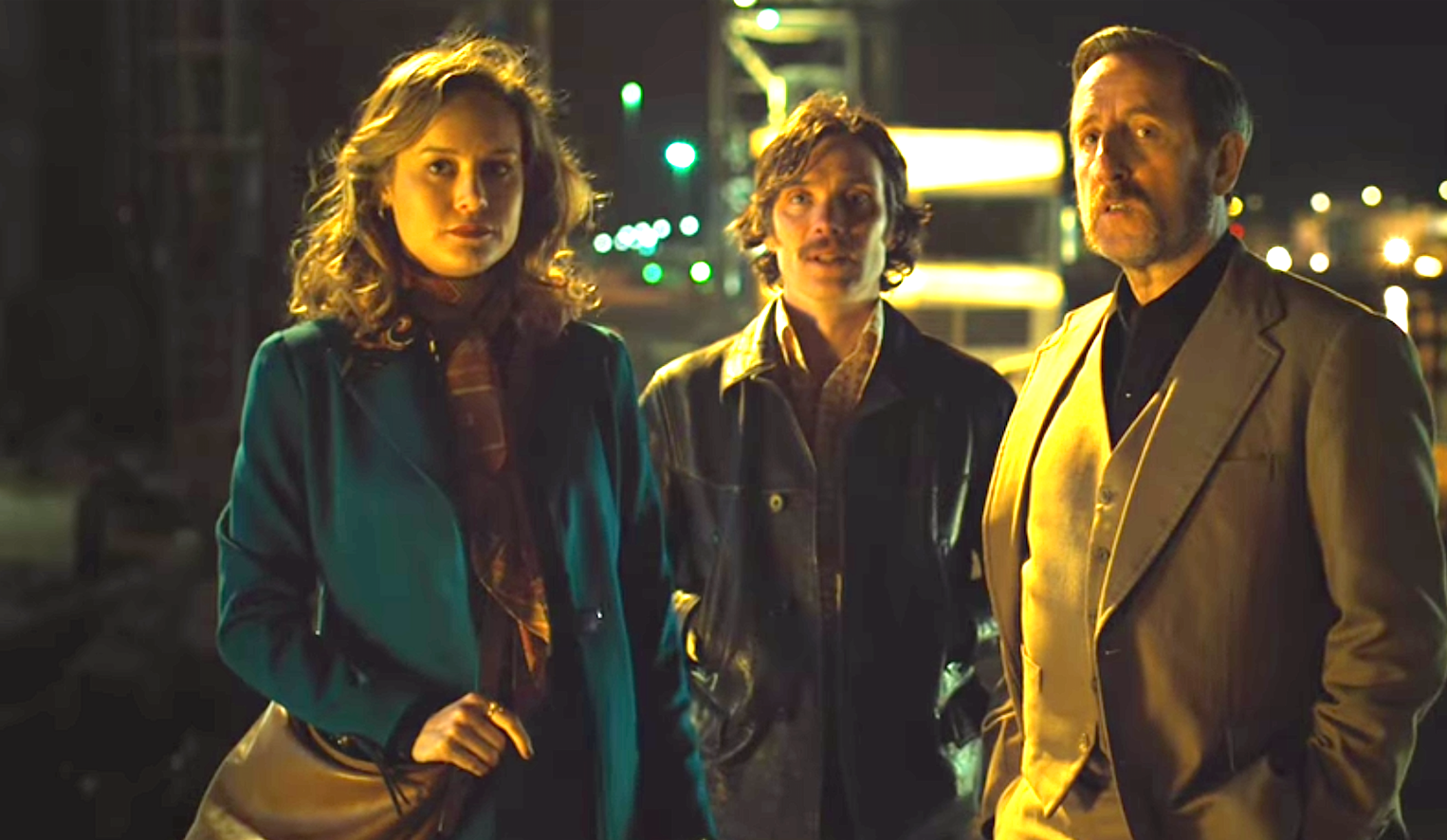Blurbing For The Weekend 4/12/24

I don’t think a deep technical knowledge of how an artform works is necessary to write well about it. In my opinion (and paraphrasing Robert Christgau), a critic’s job is to describe what they experienced, if they enjoyed it, and why. Knowing the meaning of the words you use is always a good idea, as accuracy is a virtue when it comes to description. And grasping how the work was constructed makes it easier to describe the thing. A review that educates about craft is a rarer, richer reward than mere opinion. But even if you don’t have a strong grasp of music theory, you can still find ways to rewardingly get across your perspective on music. After all, odds are good the reader doesn’t have a strong grasp, either. Even those who do understand composition and its terminology need to convey that knowledge in an illuminating way. Justin Hawkins and Stewart Copeland are witty, observant conversationalists and they can pull out their instrument to provide an example while discussing someone’s work. But whatever your level of know-how, if your goal is silencing rather than sharing, you might as well be spouting hollow cliches like “this isn’t real music,” or “they can’t play!” in a comments box.
Even if it’s more important to know what you don't know than to act like you know everything, knowing what you don’t know can be pretty damn frustrating. I belatedly revisited the Chemical Brothers’ latest album, For That Beautiful Feeling, which definitely would have made my Favorite Albums of 2023, had I not spaced it during the last great binge. But, as anyone who’s seen that listicle knows, I get real skittish when discussing electronic acts. It’s more than ok that I’ve never gone to a rave in my life, or that I have little concept of how their music compares to less crosssover-oriented peers. But details derived from that knowledge & experience would be a great way to pad the sentiment “it’s got a great beat, and I can bug out to it!”
"Skipping Like A Stone" by the Chemical Brothers & Beck. This is partying like it's 1999!
Thanks to a childhood of piano lessons, decades spent “fakebooking” chords on my guitar, and a lifetime of music nerdery, I know the appeal of “Skipping Like A Stone,” the Chembros’ latest Beck collaboration, is largely in the chord progression. My pitch from memory is always a little off, so I thought it was F/G when banging it out on my kid’s cheap keyboard. But it’s actually B-flat/C - confirmed by some clumsy algorithm site called Chordify. Either would qualify as a “major 2nd” interval, if I’m reading Wikipedia correctly.
I want to say there’s an “unresolved” tension here. The key of F is implied, largely by Beck’s vocal, but we only hear the chords B-flat and C, over and over. F/B-flat/C is a I-IV-V progression. This is the progression at the heart of “Louie, Louie,” “La Bamba,” “Blitzkrieg Bop” - countless examples of triumphant pop and rock. In “Skipping” we just get the IV-V, never enjoying the relative comfort of the tonic chord, F. If that wasn’t enough unease, the pitch of the synth playing B-flat and C keeps escalating like an airplane (the Casio I’ve had since childhood actually calls this device “Airplane”). “Skipping” gets its juice from the clash of soothing elements (the repetition, Beck) and rattling ones (the keyboard pitch, the lack of a tonic chord). Chordify claims they slip and F (and even a D!) in there, but I’m not sure that robot knows what it’s talking about.
Then again, I don’t really know what I'm talking about. If writing about the song for money, I’d spend some time making sure I was using more poetic, less technical language to describe the “transcendent anxiety” of the track, knowing Hawkins could go “oh yeah, IV/V. It’s genius, mate! Unless you get a headache” within two minutes of the first listen. And that's the other thing about sweating terminology - you're still giving your opinion on what "works." I can't get enough of this unresolved hook, while someone else could say "it sounds like they're ignoring a car alarm." And neither of us is wrong.

Ages ago, a friend and I wound up seeing the goofy Katie Holmes thriller Abandon at the theater, because The Ring was sold out. I know that I later saw Ringu, the Japanese film on which it was based, and I memorably tried & failed to watch The Ring Two on DVD without passing out. But, even more so than during Alien, it felt like my presumed “rewatch” of The Ring last week wasn't a rewatch at all. Partly, because I kept expecting moments that were only in Ringu. Partly, because The Ring really sucked.
The movie begins with two teenage girls in Seattle annoyed by bad TV reception. One brings up an urban legend about an avant-garde short film on VHS that not only kills you a week after you’ve seen it, but sends you phone reminders in the interim. The girl listening first pretends she saw it as a goof, then admits she did see it, exactly a week ago. Chased around the house by spectral spooks, she eventually crawls into a closet and dies of the willies, leaving a remarkably gruesome corpse (the girl who somehow knew the story but didn’t see the video merely has a mental breakdown). The bereaved family is quite shook, especially considering the clueless indifference of the authorities. Authorities who don't even seem to care that three of the girl's friends died at the same exact time in other parts of the city. Aunt Rachel, played by Naomi Watts, a “journalist” (which means she has a lot of free time between the occasional angry calls to her editor), is compelled to investigate.
Meanwhile, the journalist’s precocious child, Aidan, worries his teacher with pictures of his dead cousin, drawn before she actually was dead (Rachel mostly shrugs this off, perhaps desensitized to his spooky prognostications). After perusing some blurry photos of the dead teens romping outside a cabin, Rachel finds the tape and immediately watches it, promptly getting her appointment confirmation on a nearby phone.

Rachel then visits a friendly ex named Noah, who is conveniently both a video analyst AND her babydaddy of unclear deadbeatitude. Noah insists on watching the tape and gets his phone call. The two casually investigate who made the film, not quite sure they believe they’re about to die, despite the phone calls and increasing hallucinations. At this point, it hasn’t been clear if Rachel is an bonafide "bad mother," or merely avoidant and overworked. But then she leaves the tape out for Aidan to watch and damn, girl. Maybe put that on the high shelf? Eventually, she discovers the short was made by a young girl named Samara. I’m not sure if Samara magically created the tape itself, or just magically transferred her student film onto a pre-existing VHS. Unsurprisingly, Samara also spooked the horses on her island, as well as Brian Cox, real real bad.
I won’t reveal the reveals, but where Ringu more thoroughly acknowledged both the rage of the girl and elaborated on the sci-fi implications of the urban legend, The Ring merely posits that all children are psychic and all adults are idiots and selfish jerks, assuming they aren’t killed by a ghost in high school. Some kids are worth caring about, but not too much. Because magic. I remember being similarly annoyed with The Grudge, an American remake of the horror movie Ju-On. Both adaptations kept the J-horror jump scares, but made the cast American (if not 100% white), and replaced ominous dread with post-Scream malarkey. Many claim The Ring is the best American adaptation of a Japanese horror movie, which makes it a maybe-see once you’ve seen every Japanese horror movie. THREE BAGS OF POPCORN.

In case I haven’t made it clear, a Popcorn Classic is not necessarily better than a movie that gets Five Bags Of Popcorn. There are tremendous artistic triumphs you only need to see once every decade or two, and there are mediocre films that you could watch a third of every Thursday. A good example? Free Fire, in which Brie Larson, Cillian Murphy, Sharlto Copley, Sam Riley and uh…Armie Hammer, are among the sassy, stylish '70s criminals that congregate in an abandoned warehouse for an IRA arms sale. The characters aren’t particularly richer, or even more believable, than the clowns you get in a hypothetically badass Guy Ritchie or Matthew Vaughn movie, but director Ben Wheatley makes the movie unique by staging it entirely in that warehouse. Countless movies end with people yelling at each other as bullets ricochet off metal and plaster, but Free Fire is just that sequence. For 90 minutes. And while Cillian Murphy and Brie Larson probably could have improvised their lines to no loss of quality, it’s still nice to look at them. Until somebody makes a better source of uncut snark snark bang bang, that's enough to make you a POPCORN CLASSIC.
(I made a page about My Music & Movie Rating Scales! So you don't get confused.)